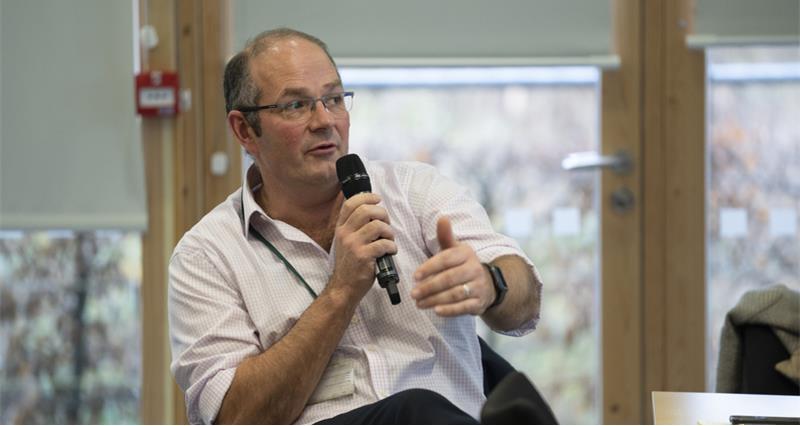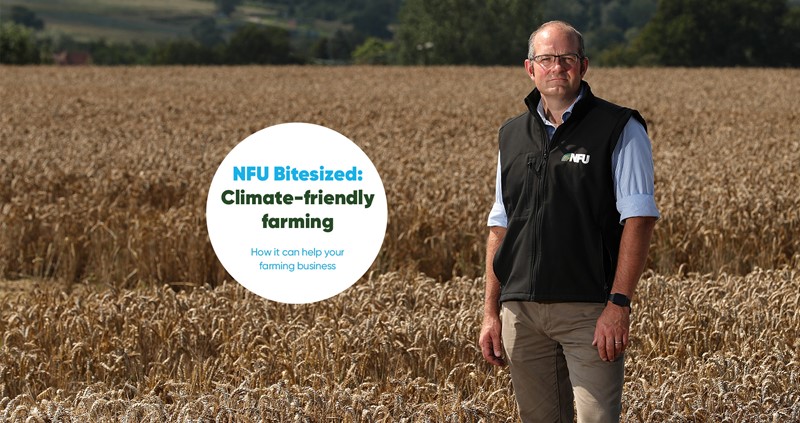The current metric that is used around the world to understand the global warming potential of GHG (greenhouse gasses) is known as GWP100. However, it does not recognise the significant differences between short-lived gases, such as methane, and long-lived gases, such as carbon dioxide.
One alternative metric, known as GWP*, has been developed by climate change scientists at the University of Oxford and in New Zealand. This metric calculates the warming impact of the different greenhouse gases, in both the short and long term, to a greater degree of accuracy.
Hearing from the experts
A scientific overview was given by Defra Chief Scientist, Professor Gideon Henderson, and Oxford University's Professor of Geosystem Science, Myles Allen.
Delegates heard more about the pros and cons on how GWP* could practically be used and the implications for policy from Rothamsted Research and BEIS (Department of Business, Energy and Industrial Strategy). They also received an insight into the New Zealand approach which has set a separate target for methane, reflecting its short-lived nature, under a split gas approach.
"The NFU has always argued that farming is part of the solution to tackling climate change, and is committed to the challenge."
NFU Deputy President Tom Bradshaw
Moving the debate forward
Speaking at the event, NFU Deputy President Tom Bradshaw said: “This workshop has highlighted just how complex this subject is, but we must move the debate forward.
“As a first step, our national livestock and dairy boards will be reflecting on everything they’ve heard and putting forward their recommendations. We then want to work with CIEL and others on a common industry position on this issue.
“The NFU has always argued that farming is part of the solution to tackling climate change, and is committed to the challenge, but realises our ambition goes beyond different metrics. Policy like ELMs and the SFI have to do much more for net zero.”
Read more on net zero:


